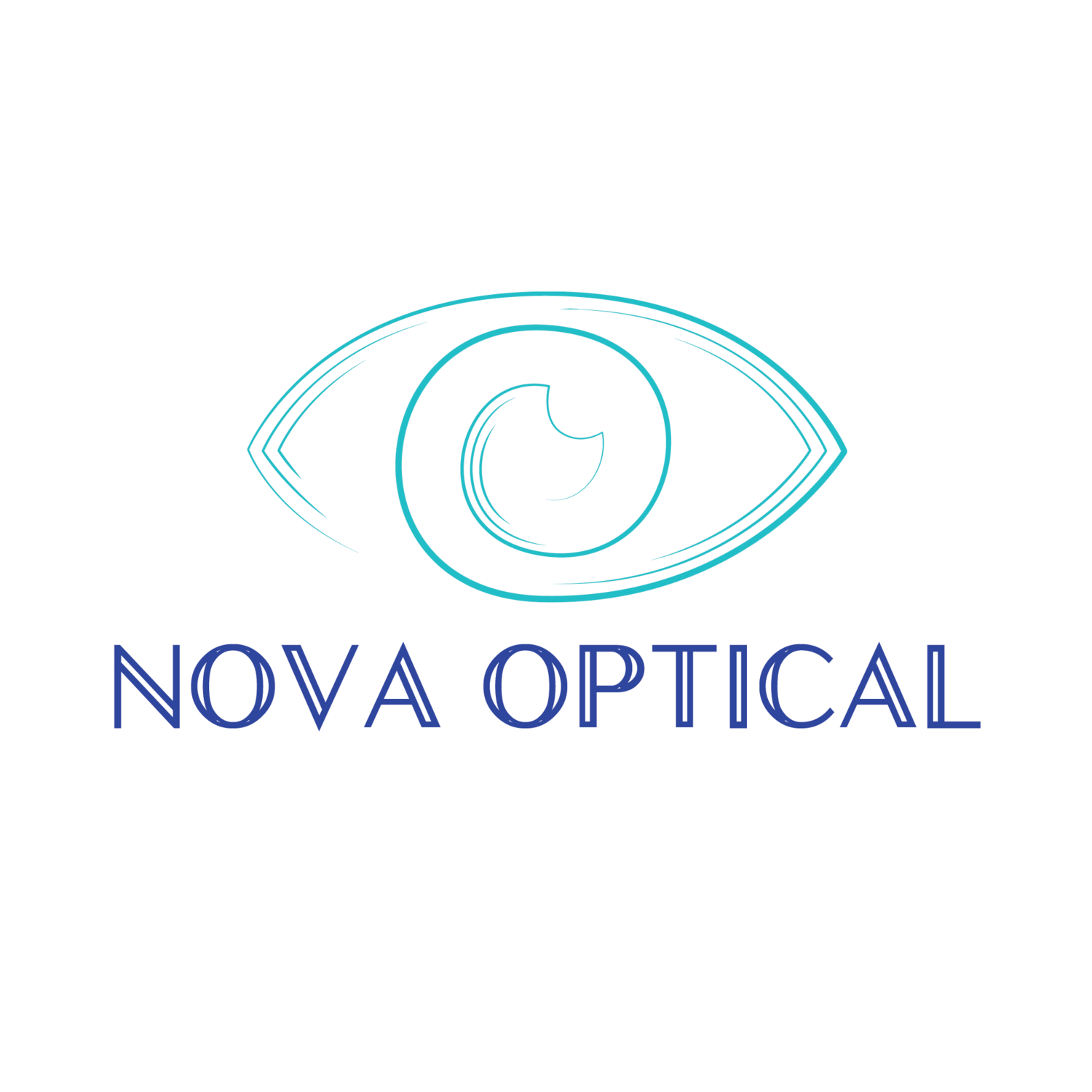Eye Exams
Tailored & Comprehensive
EYE TESTING AND FIELD VISION EXAMS IN THE HEART OF NEWCASTLE
When you book an eye exam with us, we do not just get you to read letters. You get a full eye health check-up. Your consultation will take around 30-45 minutes, depending on your vision requirements. It is a bit longer than a standard eye exam, but we are making sure we test for everything, using the latest technology.
The comprehensive eye examination at Nova Optical optometrists is designed to investigate thoroughly both the health of your eyes & visual system and the refractive status of your vision. Our team of experienced optometrists will look after your eye-care through our thorough eye testing, and our customer care team are available to find glasses that will suit your personal style and budget, while looking after you eyes!
Our eye examinations also include the latest technology so that we can detect and monitor any early signs of conditions such as glaucoma, macular degeneration and diabetic retinopathy.
Contact Us
Visit US
Nova Optical
28/38 Smart Street,
Charlestown,
NSW 2290
Call Us
Speak to one of our highly experienced team at Nova Optical for more information on our eye testing services:
What To Expect At Your Eye Exam Appointment:
History & Symptoms
At your appointment with our highly experienced optometrist will:
ask you to describe any symptoms or visual difficulties you might be experiencing.
ask about your general health and whether you are taking any medications as some medications can cause ocular side effects.
ask about your past eye health and optical correction history.
ask about family eye history, particularly with regard to macular degeneration, cataract and glaucoma.
discuss with you your visual requirements and their optical implications. For example, your optometrist will be interested to know if you use a computer, drive, have specific hobbies or play sports.
Our Eye Examinations & Vision Tests
What we can test at your eye examination appointment:
To see if your eyes are working together as a team:
Eyes that are struggling to look at the same point cause a lot of problems like headaches and sore eyes, so we work hard in the eye exam to get your eyes to work efficiently.
To see if you have a lazy eye or turned eye:
Some of them are easy to spot, and most often you will know if you have one of these, but others are more subtle or appear only when you are tired, so we dig deeper in the eye exam to find these ones and advise you on the best way to treat them.
For sight-threatening eye diseases like glaucoma and macular degeneration:
Often eye diseases do not show up as blurry vision or headaches so many people are unaware, they have a disease or degeneration until they have a thorough eye exam. We use sophisticated instruments such as a visual field ?? digital retinal camera to record, measure and review the subtle signs of eye disease.
For systemic diseases like diabetes and high blood pressure:
This is where the retinal camera really comes into its own – the resolution or detail in the images we get is often mind-blowing, even to us who use the instruments every day – and the key is to pick up the early signs of these diseases before the disease spreads, and then to ask your GP or specialist to do further tests.
For irregularly shaped eyes:
Rapid changes in your vision are annoying, and costly as it usually means updating your glasses. This is caused by a rapidly changing cornea. Most often its keratoconus, picked up and monitored by a digital topographer. Depending on the complexity of your case, topography might be done separately from your routine eye test.
For more information, click on the link to watch this video: What happens in an eye examination? from Good Vision for Life
FIND OUT MORE ABOUT OUR SERVICES:
How often should you get your eyes checked?
If you have never had an eye examination, you might wonder why you need an eye test at all. If you’ve recently had an eye examination, when should you have it done again?
As a general rule, everyone should have their eyes checked every two years regardless of their age and overall health. Just like looking after other aspects of your health, with regular visits to your GP or your dentist, routine visits to your optometrist ensures your eyes are healthy and will detect any subtle deterioration in your vision which may put you at risk of certain eye diseases. We recommend you get your eyes checked every one or two years.
Book a comprehensive eye exam today
Our optometrists are available to discuss your concerns and offer advice on optimising your vision if required with spectacles or contact lenses, explain any relevant eye health matters and answer any questions you may have.






